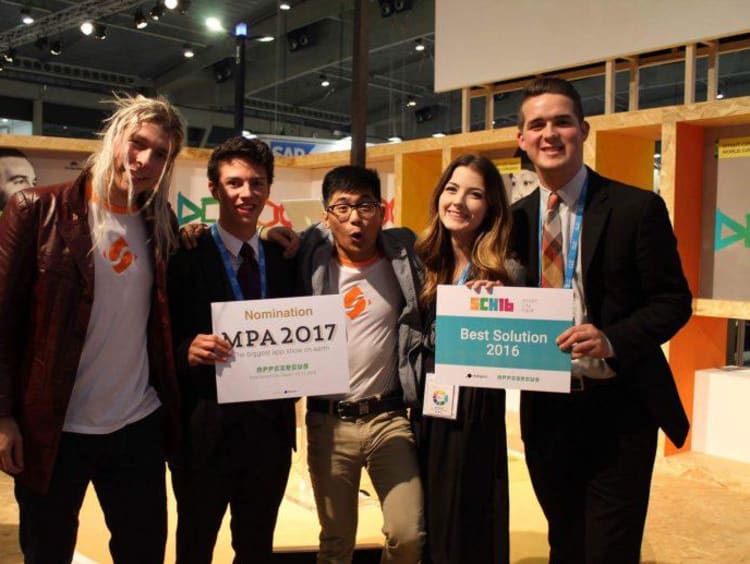English Major Entrepreneurism: Hero’s Journey

“Often in actual life, and not infrequently in the myths and popular tales, we encounter the dull case of the call unanswered; for it is always possible to turn the ear to other interests.” (Joseph Campbell)
I flipped through my design work in a crudely crafted slideshow, wireframes quickly sketched out on a portfolio pad. I was in Tempe and discussing our app “flow.” One of our app consultants reminded us constantly, “What’s the true story of when the user will use the app? Walk me through it.” Repetitive, but necessary. We heard criticism of our app – our focus warped away from users, whether it was lacking a call to action or a clear flow from getting from point A to Z, let alone point B.
The application developers were incredible terse with me. They weren’t understanding our user’s story. I personally developed the web app with my college buddies. We had utilized the app for payments for our Beta test last summer, but the narrative of the application – who would use it, why’d they use it, what they’d use it, how they’d use it – was rather frustrating.
During my formative years, I saw the succinct idea of world building – the narrative of the “hero’s journey.” During my undergraduate degree I studied English literature – stories from the world. Entrepreneurism is akin to the monomyth – the global idea of storytelling.
This hero’s journey flows from understanding, growing from arc to arc.
- Ordinary World – What is your story made up of? What needs to change?
- Understanding your world (market)
- What are needs in this world? (seeing need)
- What is in your radius of influence? (what can you change)
- Call to Adventure – Do you see the potential power of your idea?
- You see a need and want to fulfill it (Netflix)
- Someone else sees a need and wants to bring you to the team (Apple)
- You begin building a product and try to see how it fits (Sticky Notes)
- Refusal – Does your doubt stop you from your idea?
- Self-doubt (family, friends)
- Competition
- Mentor/Helper – Do you get help with your ideas?
- Professors: Great resource for connections
- Colangelo Scholars: Connect with your peers with your ideas
- Honors Symposium: Deadlines can help you get your idea up and running
- Family Members: Maybe there are lessons you can learn from your family who have done something amazing in their past?
- Incubator: Maybe connect with Coplex, Seedspot or CO+HOOTS with your idea and get a fellowship to carry your idea
- Crossing the Threshold – Do you test the idea and actually activate the idea?
- Test out the idea
- Test/Allies/Enemies – Does your idea craft conflict?
- Find out market conflict
- Approach – Do you consider your idea obtainable?
- Finding your “climactic moment.” What is “successful to your company?”
- Ordeal – Are you flexible when that conflict arises?
- When people don’t believe in your idea, how can you make them believe it?
- Are they your true target market?
- Reward – Say you win a competition or get your first customer, how do you reward your stakeholders (including your cofounders)?
- Road Back – This can be described as “pivoting.” What are other ideas you can champion?
- Atonement – What do you do to honor those who have sacrificed for your idea?
- Return – When has an idea run its course? If you can’t pivot, what if you sell?
During the formative years of my company, I realized the narrative of a business. The journey of a business is akin to a classic tale, problem and call to action, conflict and denouement. Life is a journey and your business may encourage a life worth living.
How can the GCU Honors College help a bright and ambitious student like you on your academic journey? Find out by visiting our website or requesting more information using the button on this page.
The views and opinions expressed in this article are those of the author’s and do not necessarily reflect the official policy or position of Grand Canyon University. Any sources cited were accurate as of the publish date.


